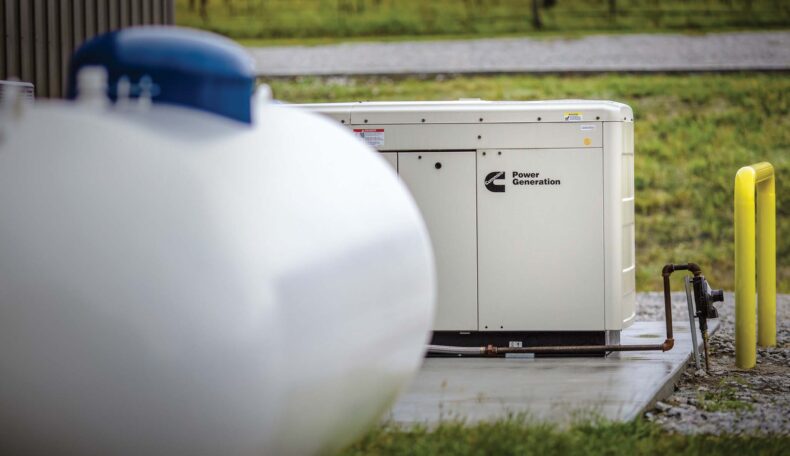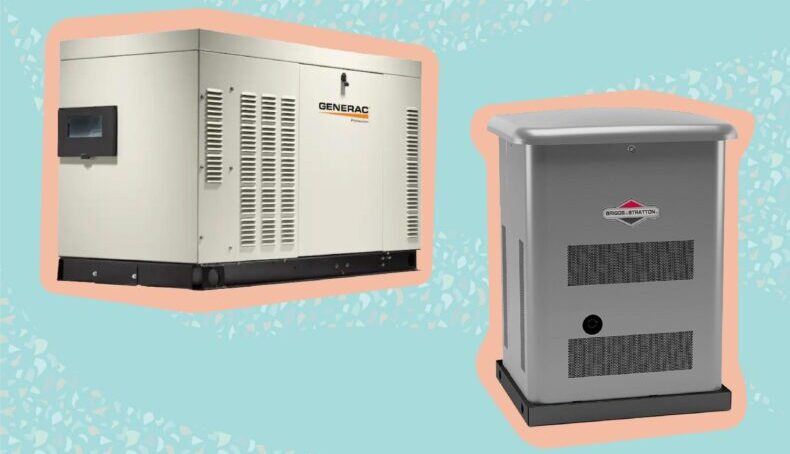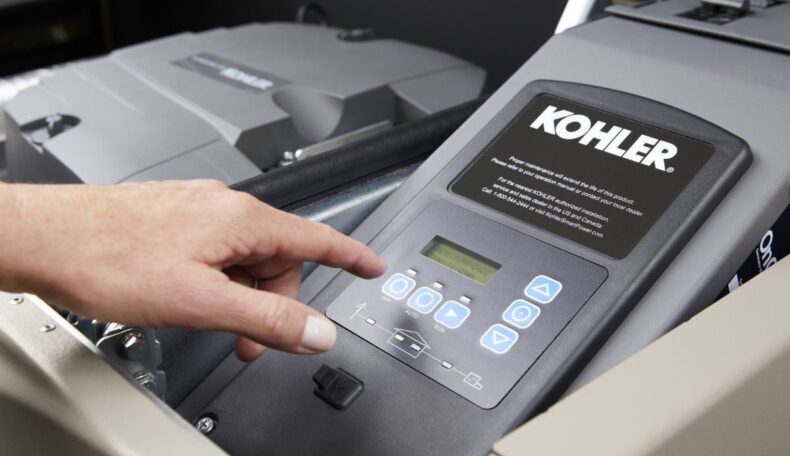Selecting the right standby home generator is crucial for ensuring uninterrupted power during outages. Standby generators offer a reliable solution, automatically kicking in when the power goes out. Selecting the best generator might be difficult, however, given the abundance of alternatives on the market.
After finding a suitable choice, going through the standby home generator installation is essential with the help of reliable providers. This article will examine factors to consider when selecting standby home generator alternatives. This includes advanced features, installation and maintenance, capacity needs, fuel type concerns and operation modes.
Contents
Fuel Type Considerations: Weighing the Pros and Cons

The choice of fuel type significantly influences the performance and convenience of a standby home generator. Common options include natural gas, propane and diesel. Here is a bit more information on these fuel types:
- Natural gas is often preferred for its continuous supply, low cost and cleaner emissions.
- Propane, stored on-site in tanks, offers versatility and a longer shelf life.
- A diesel generator provides robust power output and fuel efficiency.
Weighing the pros and cons of each fuel type ensures that the generator’s operation aligns with individual preferences, local fuel availability and environmental considerations. This informed decision on fuel type enhances the overall efficiency and reliability of the standby home generator, especially during prolonged power outages.
Capacity Matters: Sizing up Your Power Requirements
Moreover, when it comes to standby home generators, capacity is a critical factor that directly impacts their ability to meet household power needs during outages. Determining the appropriate capacity involves assessing the power requirements of essential appliances and systems that need to be operational during a blackout. Factors such as heating and cooling systems, refrigeration, lighting and medical equipment play a crucial role in sizing up the power requirements.
Overloading a generator can lead to inefficiency or even damage, while choosing one with insufficient capacity may leave critical systems without power. Therefore, a thorough analysis of household needs is essential to select a standby generator with the right capacity, ensuring seamless operation and peace of mind during power interruptions.
Automatic vs. Manual: Understanding Operation Modes

Understanding the operation modes, specifically the choice between automatic and manual modes, is a key consideration in selecting a standby home generator. Automatic generators are equipped with sensors that detect power outages and initiate the generator without any manual intervention. This ensures a swift response and continuous power supply, particularly when homeowners are away.
Manual generators, on the other hand, require manual startup during power outages. While they offer more control, they may not be suitable for individuals who are not present on-site when an outage occurs. The decision between automatic and manual operation modes depends on individual preferences, lifestyle and the level of control desired during power disruptions.
Carefully weighing these factors ensures that the chosen standby generator aligns with the homeowner’s specific needs and ensures a reliable power backup solution.
Brand Reliability: Evaluating Trusted Standby Generator Manufacturers
In the realm of standby home generators, brand reliability is a paramount consideration. Evaluating trusted manufacturers is essential for ensuring the generator’s quality, durability and overall performance.
Established brands often have a proven track record backed by years of experience and a commitment to producing reliable products. Reviews, industry reputation and customer feedback are valuable resources for assessing the reliability of standby generator manufacturers.
Accordingly, recognized brands prioritize rigorous testing and adhere to industry standards, giving homeowners confidence in the generator’s ability to deliver consistent and dependable power during outages. Individuals can enhance the reliability and longevity of their backup power solution by choosing a standby generator from a reputable manufacturer.
Advanced Features: Exploring Technological Innovations

As technology advances, standby home generators are incorporating innovative features to enhance their functionality and user experience. Exploring these advanced features allows individuals to select a generator that aligns with their needs and preferences. For instance, remote monitoring and control capabilities enable homeowners to check the generator status and initiate operations from their smartphones. Inverter technology enhances fuel efficiency and produces cleaner power, suitable for sensitive electronics.
Moreover, some generators come equipped with load-shedding capabilities, intelligently managing power distribution during high-demand periods. Exploring these technological innovations ensures that the chosen standby generator not only meets basic power needs but also offers additional benefits that contribute to efficiency, convenience and overall performance.
Installation and Maintenance: Ensuring Seamless Operation
Lastly, proper installation by certified professionals is crucial for a standby home generator to seamlessly integrate with the home’s electrical system, complying with local building codes and ensuring safety measures like proper placement and ventilation. This establishes the foundation for the generator’s long-term reliability during power outages.
Equally vital is proactive maintenance. Regular checks of fuel levels, engine components and electrical connections, along with following manufacturers’ maintenance guidelines, keep the standby generator in optimal condition. Scheduled inspections by qualified technicians identify and address potential issues before affecting functionality. A well-maintained generator enhances longevity and instills confidence in homeowners. This ensures it operates seamlessly during power disruptions, delivering essential backup power for their daily needs.